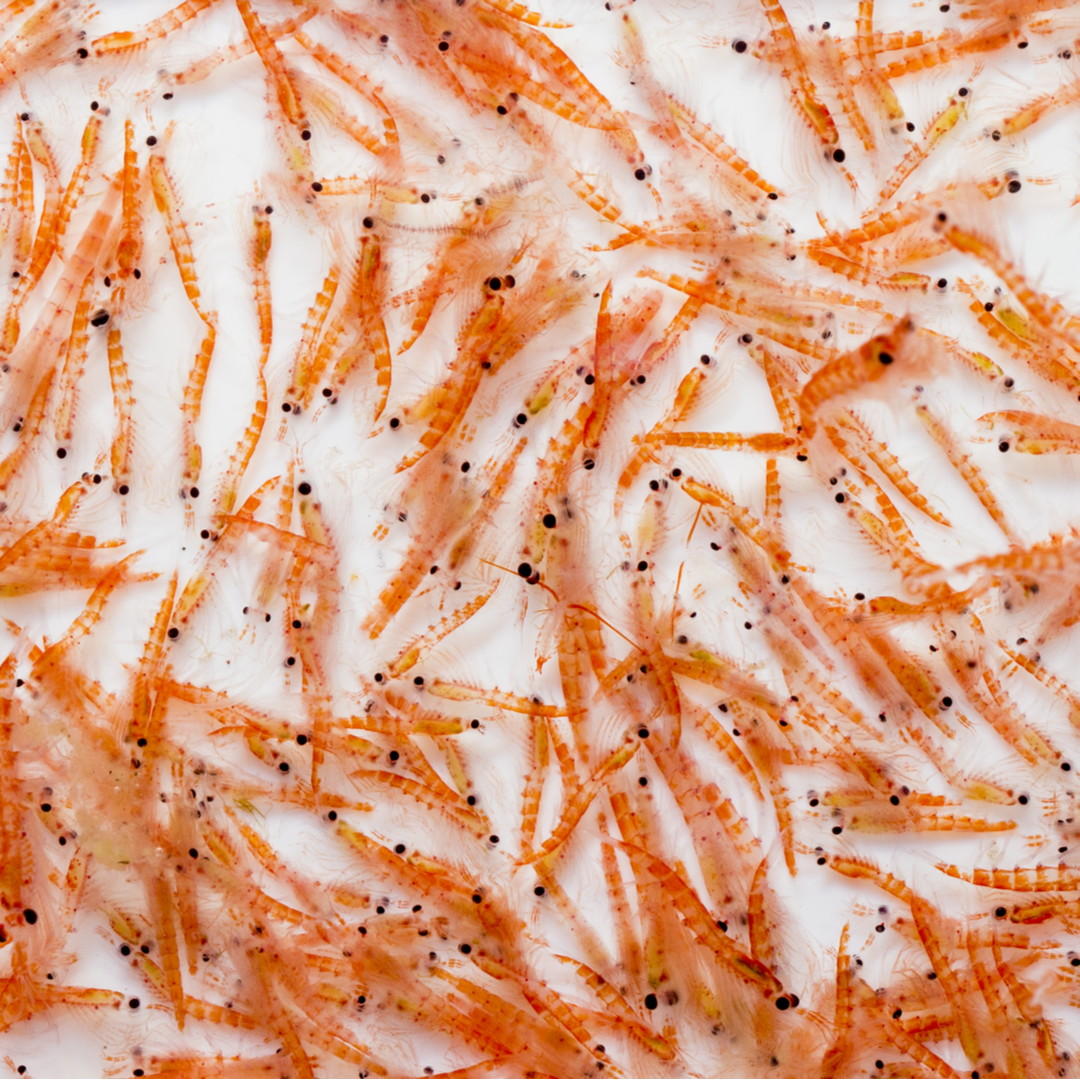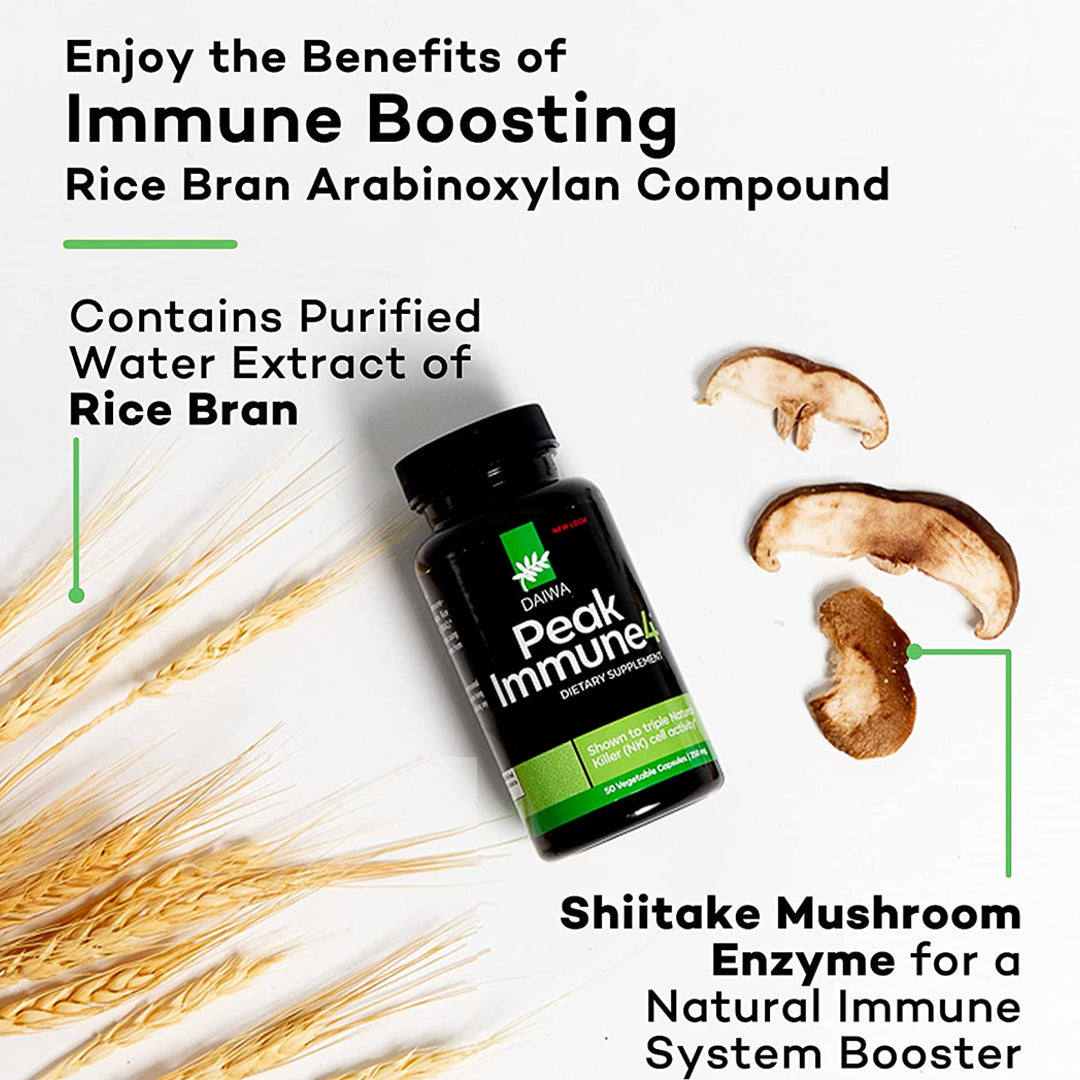March is known for National Nutrition Month in the United States. There is a lot to know about various diets and their health benefits. Nutrition and a healthy, balanced diet play an important role responsible for optimal health and wellness.
We all know that the Japanese are among the people with higher life expectancy and longevity for both men and women. Along with other factors, the traditional Japanese diet’s potential health benefits significantly contribute to the above fact. The traditional Japanese diet is a rich source of natural nutrients, including vitamins, minerals, and other supplements. It contains more fish, soybeans, rice, vegetables, fermented and pickled food items, as well as traditional staples like sweet potatoes, especially in regions such as Okinawa. Plus, it does include a minimal amount of fat, red meat, animal protein, and added sugar, plus a tiny amount of processed food.
Note that the traditional Japanese diet emphasizes the use of noodles, rice, tofu, miso (fermented soybean paste), seaweed, natto (fermented soybeans), fruits, fish, and vegetables. Common Japanese dishes and snacks such as rice balls and rice crackers are also important components. Foods like natto and miso are traditionally consumed during specific meals. One of the important characteristics of the traditional Japanese diet is the exclusion of artificial flavors and sugar; instead, traditional Japanese cuisine emphasizes natural flavors and umami, often found in traditional Japanese dishes. Umami flavor or taste is used in the diet to mask unwanted tastes and enhance palatability.
The traditional Japanese diet contains highly nutritional properties responsible for various health benefits, including aid weight loss, help digestion, support longevity and improve quality of life. This diet is based on “washoku,” a Japanese cuisine composed of small, simple, fresh, and seasonal dishes. Traditional Japanese dishes such as sushi and sashimi, which often feature raw fish, are well-known examples. It is a calorie deficient diet that keeps the Japanese people healthy with higher life expectancy. The concept of a balanced diet is a key principle of the traditional Japanese diet. Plus, remember that the traditional Japanese diet highly resembles the Okinawan diet but has nothing to do with modern Japanese cuisine. As with other traditional diets, such as the Mediterranean diet, traditional Japanese food is recognized for promoting health and longevity. Japanese food, with its cultural significance and characteristic ingredients, has been recognized by UNESCO as an Intangible Cultural Heritage, highlighting the importance of traditional Japanese cuisine in supporting health and well-being.
Introduction to Japanese Cuisine
The traditional Japanese diet is a whole foods based diet that has gained global recognition for its numerous health benefits and balanced nutrition. Japanese cuisine, or “washoku,” is celebrated for its focus on fresh, seasonal ingredients and a harmonious blend of flavors and textures. The traditional Japanese diet consists of a variety of dishes, such as miso soup, grilled fish, pickled vegetables, and steamed rice, all of which are naturally rich in essential nutrients and low in processed foods. A key feature of the Japanese diet is its high intake of plant-based foods, including sea vegetables and land and sea vegetables, which are packed with vitamins, minerals, and antioxidants. This approach to eating supports overall health. By prioritizing whole foods and seasonal ingredients, the traditional Japanese diet offers an incredibly healthy and sustainable way of eating that delivers numerous health benefits.
Components of a Traditional Diet
A traditional Japanese diet is built around a staple food, most commonly steamed rice, which is accompanied by a variety of side dishes that create a well-rounded meal. Typical side dishes include miso soup, grilled fish or other lean meats, and pickled vegetables, all of which contribute to a diverse intake of nutrients. The Japanese diet places a strong emphasis on whole foods, such as fresh fruits, vegetables, and whole grains, which are naturally high in fiber, vitamins, and minerals. Fermented foods, like miso and soy sauce, are also integral to traditional Japanese meals, offering health benefits that support gut health and help lower the risk of chronic diseases. Unlike Western diets, the traditional Japanese diet is low in refined sugars, fatty foods, and red meat, making it a heart-healthy choice that supports overall wellness. This focus on minimally processed, nutrient-dense foods is a key reason why the traditional Japanese diet is associated with numerous health benefits.
Role of Fermented Foods
Fermented foods are a cornerstone of the traditional Japanese diet, providing a range of health benefits that go beyond basic nutrition. Miso, a fermented soybean paste, is a staple ingredient in Japanese cuisine and is most famously used in miso soup. This dish is not only comforting but also rich in antioxidants and inflammation management compounds that support a healthy diet. Other fermented foods, such as soy sauce and pickled vegetables, are frequently included in Japanese meals and contribute to gut health by promoting the growth of beneficial bacteria. The fermentation process enhances the nutritional value of these foods, making them more digestible and increasing the availability of essential nutrients. Regular consumption of fermented foods in the traditional Japanese diet has been linked to promoting heart health, making them an essential part of balanced nutrition and overall well-being.
Beverages in the Japanese Diet
Beverages play an important role in the traditional Japanese diet, with green tea standing out as a popular and health-promoting choice. Green tea is widely consumed in Japan for its numerous health benefits, including its ability to promote heart health and to enhance the immune system. The traditional Japanese diet also encourages drinking plenty of water and choosing low-calorie beverages like unsweetened tea and coffee, which help maintain hydration without adding unnecessary calories. Sugary drinks, such as sodas and sports drinks, are generally avoided, as they are high in calories and offer little in the way of essential nutrients. The Food and Agriculture Organization recommends drinking at least eight glasses of water per day, a guideline that aligns with the habits encouraged by the traditional Japanese diet. By prioritizing beverages that are rich in antioxidants and low in sugar, the Japanese diet supports overall health and well-being.
Cultural Significance of Food
Food holds a special place in Japanese culture, serving as a means of bringing people together and fostering a sense of community. The traditional Japanese diet emphasizes the importance of well balanced meals, with a variety of main and side dishes presented at each meal to ensure balanced nutrition. Mealtimes are often seen as opportunities to connect with family and friends, and the practice of mindful eating—savoring each bite and eating slowly—is deeply ingrained in Japanese culture. This approach not only supports physical health but also promotes mental well-being, encouraging a sense of calm and appreciation for the food being consumed. Japanese culture is rich with food-related traditions and festivals that celebrate the role of food in daily life, highlighting the deep connection between diet, health, and happiness in Japan.
Benefits of Traditional Japanese Diet
Different health studies and approved sources reported the following health benefits of the Traditional Japanese Diet, including its role in reducing the risk of age-related diseases.
The diet is rich in nutrients, providing essential vitamins and minerals. High quality protein from fish and soy products is a key component, supporting overall health, while dairy products such as milk and eggs also contribute important nutrients.
Vegetables and seaweed are staples, offering a variety of minerals that support bone health, including calcium and magnesium, which are essential for maintaining strong bones.
The diet is high in fiber, especially from fiber-rich vegetables, which promote fullness, reduce appetite, and support weight management.
It supports cardiovascular and metabolic health, with benefits for heart health and a reduced risk of cardiovascular maladies.
Omega-3 fats from fish help improve blood lipids. Frequent consumption of fish is associated with lower blood pressure and a reduced risk of cardiovascular issues.
The balance of sodium and potassium in the diet helps reduce blood pressure and manage hypertension.
Traditional Japanese foods are low in calories and portion-controlled, promoting a healthy weight and supporting weight management.
Antioxidants and plant compounds in the diet help prevent disease. The high intake of phytoestrogens and plant-based foods may reduce the risk of hormone dependent malignancies.
1) Supplies Important Nutrients
The traditional Japanese diet is a rich source of essential nutrients for optimal body functions. These nutrients include Vitamins (A, C, E), Minerals (Calcium, Iron, Potassium, and Magnesium), fibers, Carbs, and Proteins. Moreover, the fish and seaweed provide a proper amount of long-chain omega-3 fats that improve cardiovascular, brain, and eye function. Also, the composition of potent antioxidant agents in the diet (Seaweed and Vegetables) protects cellular integrity, removes free toxins, and reduces the risk of several chronic medical conditions.
2) Supports Gastrointestinal Health
The traditional Japanese diet helps digestion and prevents the risk of gastrointestinal dysfunctions. It increases the content of fibers that support the growth of gut microbiota and increase stool bulkiness. Thus, decrease the risk of constipation, diarrhea, gas, bloating and improve metabolism that promotes gastrointestinal health. Further, healthy gut microbiota reduces the risk of more serious intestinal problems.
3) Aid Weight loss
The traditional Japanese diet is a calorie deficient and fiber-rich diet that helps cut out extra fat content and help weight loss goals. Moreover, it increases the feeling of fullness, suppresses appetite, relieves overeating, and lowers waist circumference, body mass index, and waist-to-hip ratio. Furthermore, it decreases the risk of obesity and overweight that prevents the development of various diseases.
3) Improve Vital Organ's Function
The important nutrients in the traditional Japanese diet support and improve vital physiological functions. The high content of omega 3s in the fish decreases the bad cholesterol level and promotes high density or good cholesterol concentration in the body - that helps promote cardiovascular functions. Furthermore, green tea consumption per traditional Japanese diet recommendation delay or improve the symptoms of neurodegenerative diseases.
Conclusion:
In conclusion, the Traditional Japanese diet is highly recommended for optimal wellbeing. It supports life quality, improves longevity, and increases life expectancy. The diet composition is highly nutritious and offers various health benefits. It reduces the risk of certain medical conditions, including cardiovascular dysfunctions, obesity, and diabetes, that help prevent premature death. Thus, we can say that the Traditional Japanese diet is a natural remedy to the current lethal medical conditions associated with an unhealthy diet.
References:
https://www.ncbi.nlm.nih.gov/pmc/articles/PMC5852749/
https://www.healthline.com/nutrition/japanese-diet
https://japanahome.com/journal/the-secrets-of-the-healthy-japanese-diet/
This information is intended for educational purposes only. These statements have not been evaluated by the Food and Drug Administration (FDA). Our products and or articles are not intended to diagnose, treat, cure, or prevent any disease. Daiwa Health Development does not provide medical advice, diagnosis, or treatment.








Leave a comment
All comments are moderated before being published.
This site is protected by hCaptcha and the hCaptcha Privacy Policy and Terms of Service apply.